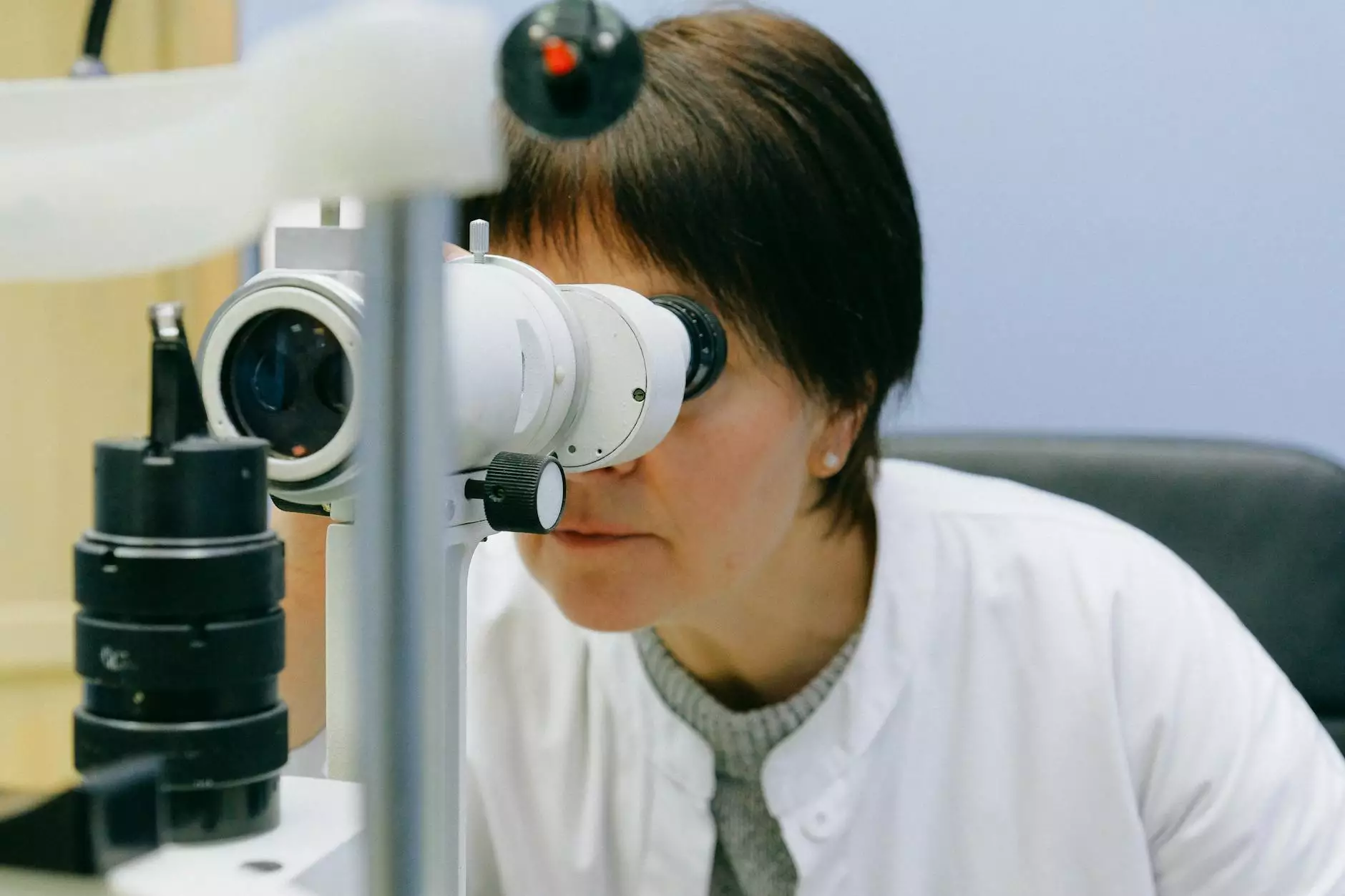USCIS Guidance on Expedited Processing of EAD card for Healthcare Workers
Immigration Lawyer
Introduction
Welcome to The Deng Law Firm's comprehensive guide on USCIS guidance for expedited processing of EAD (Employment Authorization Document) cards for healthcare workers.
The Deng Law Firm - Supporting Healthcare Workers
As a leading law firm specializing in immigration and visas, The Deng Law Firm recognizes the importance of healthcare workers and their immense contributions to society. We are dedicated to providing the most up-to-date information and guidance on USCIS policies to help healthcare professionals navigate the immigration process smoothly.
Understanding Expedited Processing of EAD for Healthcare Workers
Expedited processing of EAD cards has become crucial for healthcare workers due to the high demand for their services. USCIS (United States Citizenship and Immigration Services) has implemented guidelines to prioritize and expedite the processing of EAD applications for healthcare professionals. These guidelines aim to address the growing need for qualified healthcare workers in the United States.
Benefits of Expedited Processing
Obtaining expedited processing for EAD cards offers several advantages for healthcare workers:
- Faster Employment Authorization: Healthcare professionals can start working legally in the United States sooner, enabling them to make valuable contributions to patient care promptly.
- Reduced Wait Times: By expediting the EAD card processing, USCIS helps minimize the waiting period and allows healthcare workers to begin their employment without unnecessary delays.
- Prioritized Application Review: USCIS carefully reviews and assesses expedited EAD applications, ensuring a thorough evaluation of each healthcare professional's qualifications and eligibility.
Eligibility Criteria for Expedited Processing
In order to qualify for expedited processing of EAD cards as a healthcare worker, certain criteria must be met:
- Proof of Employer Sponsorship: Healthcare professionals should provide documentation from their prospective employers, clearly demonstrating the urgent need for their employment.
- Specialized Skills or Expertise: USCIS may prioritize healthcare workers who possess unique skills or expertise that fill critical gaps in the healthcare industry.
- Public Interest: Healthcare professionals involved in projects or programs that benefit the general public may have greater chances of receiving expedited processing.
- Exceptional Circumstances: USCIS considers cases where delays may cause significant harm or hardship to the healthcare worker or adversely affect patient care.
The Application Process
Understanding the application process is crucial for healthcare professionals seeking expedited EAD card processing:
Step 1: Gather Documentation
Compile all the necessary documentation, including proof of employer sponsorship, specialized skills or expertise, and any evidence that highlights the public interest or exceptional circumstances associated with your case.
Step 2: Filing the Form I-765
Complete and submit Form I-765, Application for Employment Authorization, along with supporting documents to USCIS. Make sure to indicate the need for expedited processing and provide a detailed explanation to support your request.
Step 3: Follow-Up Communication
Stay proactive and regularly communicate with USCIS throughout the process. Respond promptly to any requests for additional information or documentation to avoid unnecessary delays.
Step 4: Final Decision
USCIS will review your application and make a final decision regarding your eligibility for expedited processing. If approved, your EAD card will be processed and delivered as quickly as possible.
Conclusion
At The Deng Law Firm, we understand the challenges healthcare workers face when navigating the immigration process. Our team of experienced professionals is committed to providing the latest USCIS guidance and comprehensive support to eligible healthcare professionals seeking expedited processing of EAD cards. Through our expertise, we aim to ease the transition and enable healthcare workers to contribute their skills to the betterment of the United States healthcare system.










